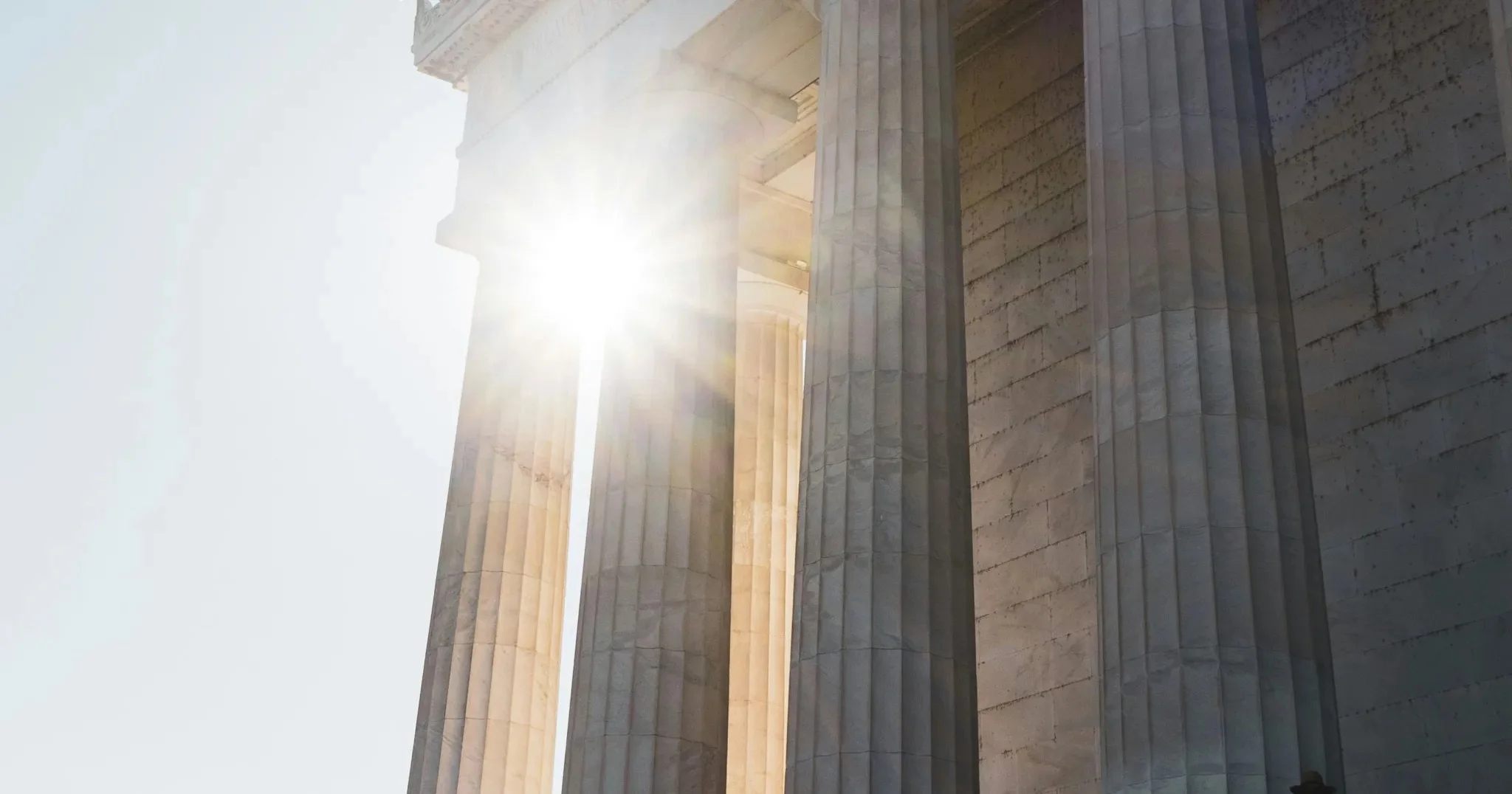Reflections On the New Year
The bachannalian and overcommercialized celebration of the New Year with the attendant resolutions to make ourselves better people in the coming year stands somewhere between comedy and farce.
Federalist 26
If you had asked educated Americans during the Constitutional period when America was “founded,” they likely would have answered “1688.”
The Multitude of Words and the Limits Thereof: Or, A Semi-Scrooge-ish Christmas Meditation
Far be it from me or anyone else during these twelve days of Christmas to put the kibosh on conviviality.
What Has Been
Given her painful loss to Donald Trump, surely the most unfortunate of Kamala Harris’ verbal tics was her frequent celebration of “what can be, unburdened by what has been.”
Common Sense for Reclaiming American Identity
The root story of our United States is not inscribed by the ink of institutions but by the bold strokes of individuals who dared to dream of a better tomorrow.
Federalist 25
Last week, in discussing Federalist #24, I rehearsed in some detail some of the antifederalist arguments concerning a standing army, the main subject of Hamilton’s essays 24-29.
Christmas Message from President Ford
MERRY CHRISTMAS! These two words conjure up all of the good feelings that mankind has ever held for itself and its creator: reverence, tenderness, humility, generosity, tolerance--love.
21 Questions About the 38th President
1. Q: Ford was the only US President born in what US city, and what name appeared on his birth certificate?
Are Students Reading?
College students today – even students at elite colleges such as the Ivy Leagues – are not equipped to read full books, as Rose Horowitch’s recent Atlantic essay “The Elite College Students Who Can’t Read Books” revealed.
Federalist 24
The next six Federalist essays (24-29), all written by Hamilton, deal with one of the most controversial powers in the Constitution: the ability to create a standing army, which, the critics claimed, posed an essential and enduring threat to liberty.
Civics Education and the Constitutional Order
Legend has it that a crowd had gathered outside Independence Hall in Philadelphia as the deliberations of the Constitutional Convention were concluding in 1787.
Federalist 23
Federalist 23, while repeating many themes previously explored, begins in an interesting fashion: with a concession.
The Two Concepts of Liberty
I’ve been teaching Introduction to American Government this past semester in the state prison in Muskegon.
Federalist 22
In Federalist 22 Hamilton reviews and repeats some of his earlier arguments concerning commerce and the need for a central authority that regulates and sets uniform standards.
In His Own Words: Jefferson and Education
For better or worse, education can shape who we are, and Thomas Jefferson knew that.
Is the Reckoning at Hand?
As an ex-academic I like to keep my finger on the pulse of what goes on in higher learning in America
Federalist 21
After Madison’s digression into history in the previous three papers, Hamilton returns his attention in Federalist 21 to what he regards as the greatest flaws of the government under the Articles of Confederation…
Paying Attention to Gratitude
In his book, The World Beyond Your Head, Matthew Crawford writes that “attention is the one thing that is most one’s own...we choose what to pay attention to, and in a very real sense this determines what is real for us; what is actually present to our consciousness.”
Proclamation 4333—Thanksgiving Day, 1974
America and the world have changed enormously since the first thanksgiving 353 years ago. From a tiny coastal enclave on an untamed continent, we have grown into the mightiest, freest nation in human history.
Contrasts in Character: Ford and Xi
It is difficult to think of two world leaders who present a starker contrast than the 38th President of the United States, Gerald R. Ford, and the current General Secretary of the Chinese Communist Party, Xi Jinping.




















